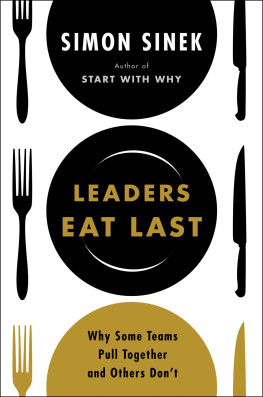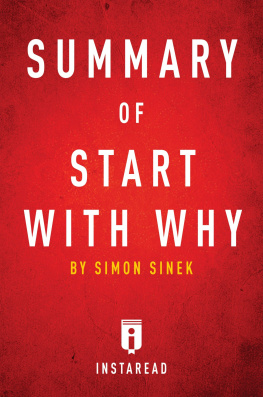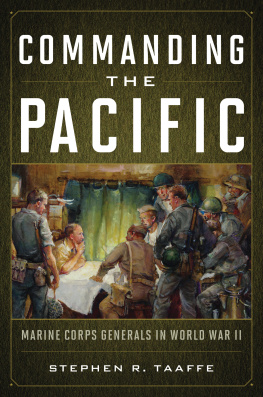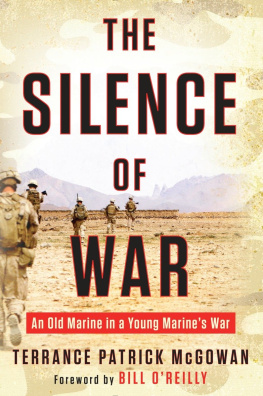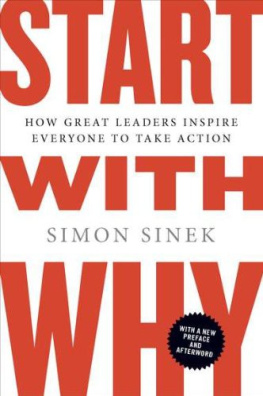ALSO BY THE AUTHOR
Start with Why: How Great Leaders Inspire Everyone to Take Action
PORTFOLIO / PENGUIN
Published by the Penguin Group
Penguin Group (USA) LLC
375 Hudson Street
New York, New York 10014
USA | Canada | UK | Ireland | Australia | New Zealand | India | South Africa | China
penguin.com
A Penguin Random House Company
First published by Portfolio / Penguin, a member of Penguin Group (USA) LLC, 2013
Copyright 2014 by SinekPartners LLC
Penguin supports copyright. Copyright fuels creativity, encourages diverse voices, promotes free speech, and creates a vibrant culture. Thank you for buying an authorized edition of this book and for complying with copyright laws by not reproducing, scanning, or distributing any part of it in any form without permission. You are supporting writers and allowing Penguin to continue to publish books for every reader.
This Be the Verse from The Complete Poems of Philip Larkin, edited by Archie Burnett. Copyright 2012 by The Estate of Philip Larkin. Reprinted by permission of Farrar, Straus and Giroux, LLC and Faber and Faber Ltd.
Library of Congress Cataloging-in-Publication Data
Sinek, Simon.
Leaders eat last : why some teams pull together and others dont / Simon Sinek.
pages cm
Includes index.
ISBN 978-1-101-62303-9
1. Leadership. 2. Corporate culture. 3. Organizational change. I. Title.
HD57.7.S5487 2014
658.4'092dc23
2013039108
While the author has made every effort to provide accurate telephone numbers, Internet addresses, and other contact information at the time of publication, neither the publisher nor the author assumes any responsibility for errors, or for changes that occur after publication. Further, publisher does not have any control over and does not assume any responsibility for author or third-party Web sites or their content.
Version_1
To the men and women Ive met in the United States Air Force
You have taught me more about what it means to be human than anyone who wears a suit ever did.
CONTENTS
Leaders are the ones who run headfirst into the unknown.
They rush toward the danger.
They put their own interests aside to protect us or to pull us into the future.
Leaders would sooner sacrifice what is theirs to save what is ours.
And they would never sacrifice what is ours to save what is theirs.
This is what it means to be a leader.
It means they choose to go first into danger, headfirst toward the unknown.
And when we feel sure they will keep us safe,
we will march behind them and work tirelessly to see their visions come to life
and proudly call ourselves their followers.
FOREWORD
I know of no case study in history that describes an organization that has been managed out of a crisis. Every single one of them was led. Yet a good number of our educational institutions and training programs today are focused not on developing great leaders but on training effective managers. Short-term gains are viewed as the mark of success and long-term organizational growth and viability are simply the bill payers. Leaders Eat Last is an effort to change this paradigm.
In Leaders Eat Last, Simon Sinek does not propose any new leadership theory or core principle. He has a much higher purpose to his writing. Simon would like to make the world a better place for all of us. His vision is simple: to create a new generation of men and women who understand that an organizations success or failure is based on leadership excellence and not managerial acumen.
It is not an accident that Simon uses the U.S. military, and in particular the United States Marine Corps, to explain the importance of leaders being focused on their people. These organizations have strong cultures and shared values, understand the importance of teamwork, create trust among their members, maintain focus, and, most important, understand the importance of people and relationships to their mission success. These organizations are also in a position where the cost of failure can be catastrophic. Mission failure is not an option. Without a doubt, people enable the success of all our military services.
When you are with Marines gathering to eat, you will notice that the most junior are served first and the most senior are served last. When you witness this act, you will also note that no order is given. Marines just do it. At the heart of this very simple action is the Marine Corps approach to leadership. Marine leaders are expected to eat last because the true price of leadership is the willingness to place the needs of others above your own. Great leaders truly care about those they are privileged to lead and understand that the true cost of the leadership privilege comes at the expense of self-interest.
In his previous book, Start with Why: How Great Leaders Inspire Everyone to Take Action, Simon explained that for an organization to be successful its leaders need to understand the true purpose of their organizationthe Why. In Leaders Eat Last, Simon takes us to the next level of understanding why some organizations do better than others. He does this by detailing all elements of the leadership challenge. Simply stated, it is not enough to know the Why of your organization; you must know your people and realize that they are much more than an expendable resource. In short, professional competence is not enough to be a good leader; good leaders must truly care about those entrusted to their care.
Good management is clearly not enough to sustain any organization over the long term. Simons in-depth explanation of the elements of human behavior clearly demonstrates that there are real reasons why some organizations may do well over a short period of time but eventually fail: The leadership has failed to create an environment where people really do matter. As Simon points out, organizations where people share values and are valued succeed over the long term in both good and bad times.
John Quincy Adams would have understood Simons message because he clearly understood what it was to be a leader when he stated: If your actions inspire others to dream more, learn more, do more and become more, you are a leader. In this quote, I think you will find the message of Leaders Eat Last. When leaders inspire those they lead, people dream of a better future, invest time and effort in learning more, do more for their organizations and along the way become leaders themselves. A leader who takes care of their people and stays focused on the well-being of the organization can never fail. My hope is that after reading this book readers will be inspired to always eat last.
GEORGE J. FLYNN,
Lieutenant General, U.S. Marine Corps (Ret.)
[ OUR NEED TO FEEL SAFE ]
CHAPTER 1
Protection from Above
A thick layer of clouds blocked out any light. There were no stars and there was no moon. Just black. The team slowly made its way through the valley, the rocky terrain making it impossible to go any faster than a snails pace. Worse, they knew they were being watched. Every one of them was on edge.

